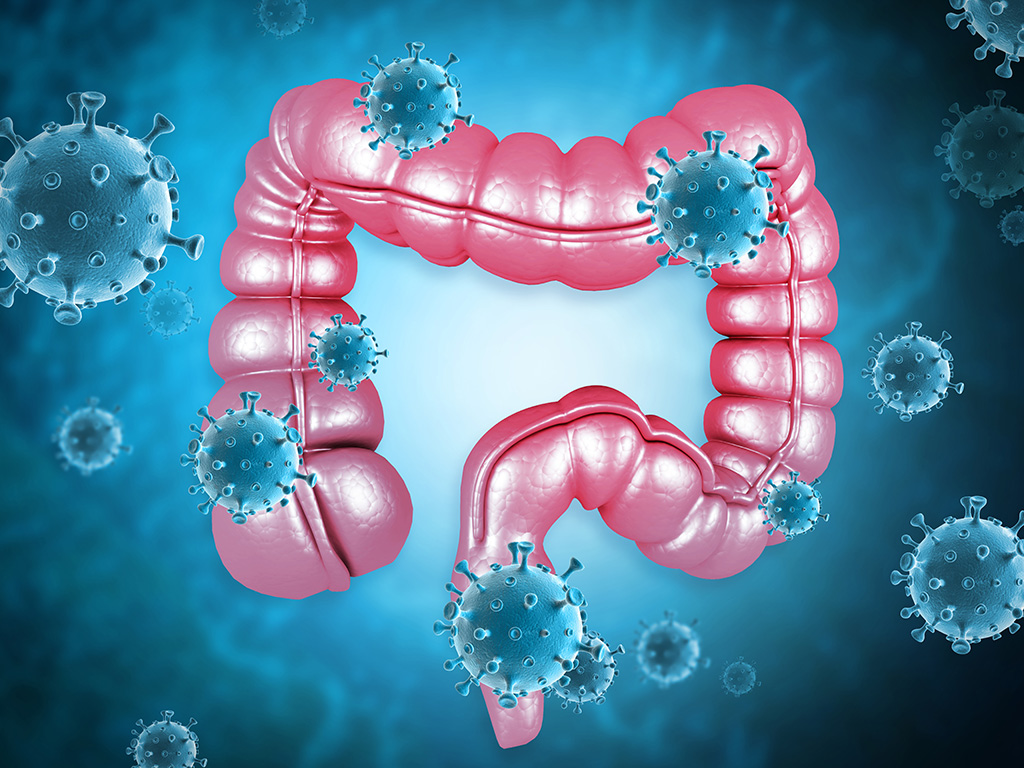BET inhibitors could break link between colorectal cancer and COVID-19, new Texas A&M study says

crystal light / shutterstock.com
A new study from the Texas A&M Health Institute of Biosciences and Technology suggests that drugs called bromodomain and extraterminal domain (BET) inhibitors could help reduce the risk of colorectal cancer and COVID-19.
The study found that colon cancer cells have more of a protein called ACE2, which the COVID-19 virus uses to infect cells. By targeting the ACE2 protein, doctors may be able to help prevent both COVID-19 and colorectal cancer.
Dr. Roderick Dashwood, University Distinguished Professor at the Texas A&M University School of Medicine and lead researcher in the study, says cancer patients have a higher risk of COVID-19 due to their immunocompromised conditions. He says this study shows that targeting the axis between ACE2 and the BET protein BRD4 could make a difference.
The findings imply that ACE2 causes enhanced tumor growth and that high ACE2 expression on tumor and normal colorectal epithelial tissues can decrease patient survival when combined with high BRD4 expression. To reduce the amount of ACE2 and prevent COVID-19 from entering cells in colorectal cancer, the researchers suggest repurposing BET inhibitors, which are known to effectively downregulate growth promoting targets in cancer cells.

